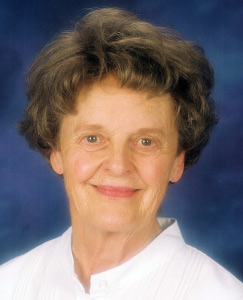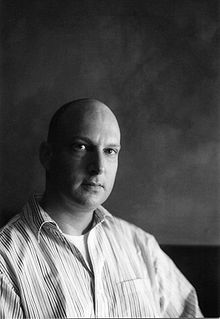A Quote by Eudora Welty
It's the form it takes when it comes out the other side, of course, that gives a story something unique--its life. The story, in the way it has arrived at what it is on the page, has been something learned, by dint of the story's challenge and the work that rises to meet it--a process as uncharted for the writer as if it had never been attempted before.
Related Quotes
A story is a way to say something that can't be said any other way, and it takes every word in the story to say what the meaning is. You tell a story because a statement would be inadequate. When anybody asks what a story is about, the only proper thing is to tell them to read the story. The meaning of fiction is not abstract meaning but experienced meaning.
A good story is alive, ever changing and growing as it meets each listener or reader in a spirited and unique encounter, while the moralistic tale is not only dead on arrival, it's already been embalmed. It's safer that way. When a lively story goes dancing out to meet the imagination of a child, the teller loses control over meaning. The child gets to decide what the story means.
Animation story boarding works differently than live action story boarding. The story crew along with a writer really does shape and create the film - the world and it's characters. We meet almost every day and brainstorm the plot of the film. It's a highly collaborative process - and we continue to improve the story until we literally run out of time.
The biggest threat to your creativity is the fear that it's already been done, said, created. (So why bother?)
Say it, do it, make it anyway - but tell YOUR story along the way.
The story of how you came to know what you know.
The story of what you want to know more of.
The story of why you do what you do.
The story of how you came to care.
And that's how you create what's never been created before.
The Work always leaves you with less of a story.
Who would you be without your story?
You never know until you inquire.
There is no story that is you or that leads to you.
Every story leads away from you.
Turn it around; undo it.
You are what exists before all stories.
You are what remains when the story is understood.
As for 'story' I never yet did enjoy a novel or play in which someone didn't tell me afterward that there was something wrong with the story, so that's going to be no drawback as far as I'm concerned. "Good Lord, why am I so bored" "I know; it must be the plot developing harmoniously." So I often reply to myself, and there rises before me my special nightmare that of the writer as craftsman, natty and deft.
Before I published my first book, I worked for a while as a documentary and wedding/bar mitzvah videographer, and a part of me still mourns the lost filmmaker I'll never be. Working on a documentary is nearly the opposite artistic process to writing: as a writer you are always trying to fill out a world to fit your story, but as a documentarian your work is to carve a story out of the world. Sometimes, when I'm feeling particularly blocked at my computer, I miss the days when I could just point my camera at something interesting and wait to see what happens.
I'm a storyteller. I'm always willing to serve the story, a story I believe in, in whatever way is necessary. If I need to write the story I believe in, I will write it. If I've been offered to act in a story that I truly believe in, I will happily do that, but I'm a storyteller. That's something I'm so thankful for.
I’ve been rereading your story. I think it’s about me in a way that might not be flattering, but that’s okay. We dream and dream of being seen as we really are and then finally someone looks at us and sees us truly and we fail to measure up. Anyway: story received, story included. You looked at me long enough to see something mysterioso under all the gruff and bluster. Thanks. Sometimes you get so close to someone you end up on the other side of them.
I've had to try and find a way over the years of writing narratively that doesn't really require you to sit down and work out what the story's about. You're brought into a sort of sequence of images that have that emotional resonance, but it's kind of irrelevant what the actual story is. It's taken me maybe 13 albums or something to work that out.
The ‘experimental’ writer, then, is simply following the story’s commands to the best of his human ability. The writer is not the story, the story is the story. See? Sometimes this is very hard to accept and sometimes too easy. On the one hand, there’s the writer who can’t face his fate: that the telling of a story has nothing at all to do with him; on the other hand, there’s the one who faces it too well: that the telling of the story has nothing at all to do with him





































